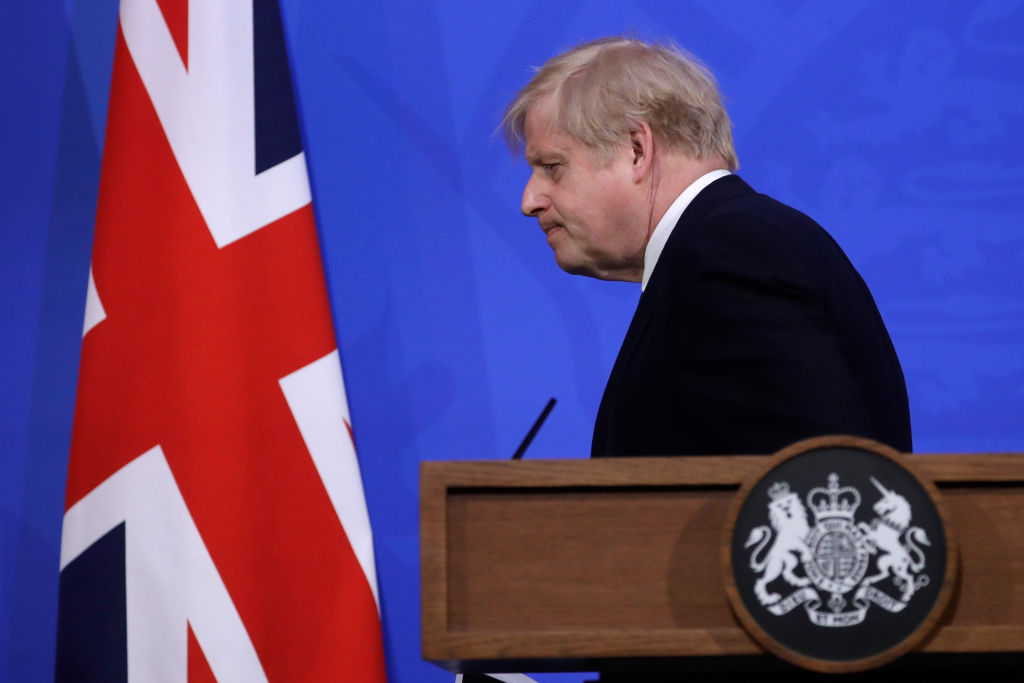As the penultimate lockdown easing gets under way, ministers are being asked a question: will the 21 June unlocking be delayed? On Friday, Boris Johnson warned the rise of the Indian variant could ‘pose serious disruption’ to the planned lockdown easing next month, when nearly all Covid restrictions are expected to go. The line from the government hasn’t changed much over the weekend; ministers are keen to say they hope it will go ahead but won’t guarantee it. There is unlikely to be any formal decision until the week before the 21st, when the government will be able to review all the data.
If vaccine hesitancy remains an issue in the government’s calculations, ministers will come under pressure over how much they can delay a national reopening
However, there have been a number of developments that point to the debate that’s coming in the weeks ahead. First, the evidence so far suggests vaccines do appear to be effective when faced with the Indian variant. This means ministers are cautiously optimistic the vaccine programme ought to hold up against the spread of the variant. When it comes to hospital admissions in Bolton – where the rates of this variant are highest – the bulk of cases being reported are among those who are unvaccinated. What’s more, with the government narrowing the time gap between the first and second dose, there ought to be a big uptick in the number of people who have received both doses soon. The figure is already at 20 million.
Where the government is most concerned, however, is on the variant’s transmissibility. At present, ministers believe it is likely to be more transmissible than the Kent variant, but they do not know to what extent. If it is 50 per cent or so more transmissible then it could plausibly tear through those who are unvaccinated. This could then change the calculations over the easing of lockdown. While young people are not at risk of severe infection to the same extent as the elderly, if the virus does spread fast among the unvaccinated youth it could then spread to the those older or vulnerable people who have been offered the vaccine but have not taken it.
In Bolton, it’s in areas where vaccine uptake is below 80 per cent that the virus has spread the fastest. This points to a moral debate in the coming weeks. Ministers are concerned that an easily spread variant could rip through those who are vulnerable and who have refused the vaccine. It’s why there is a big door-to-door effort to not only offer more jabs but to encourage those who have said no to say yes. It will also soon become clearer how much pressure infections among those who are not vaccinated could put on the NHS.
If vaccine hesitancy remains an issue in the government’s calculations, ministers will come under pressure over how much they can delay a national reopening for those who are choosing not to take the vaccine. It’s already dividing opinion in Whitehall.







Comments